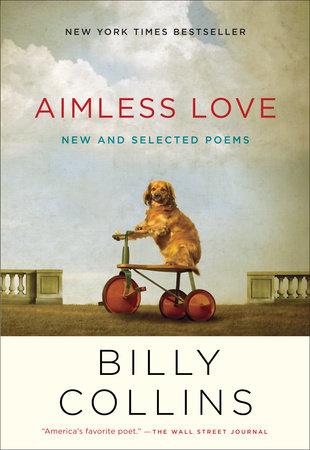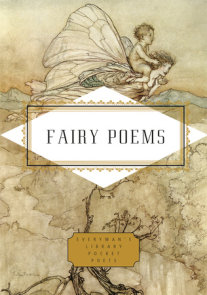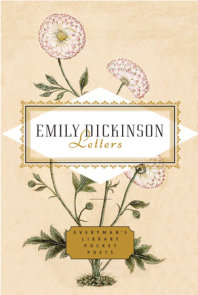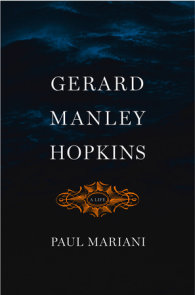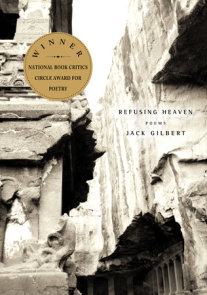READERS GUIDE
Questions and Topics for Discussion
1. Billy Collins has said, “In a poem you have the greatest imaginative freedom possible in language. You have no allegiance to plot, consistency, plausibility, character development, chronology.” Do you agree or disagree? How do you find yourself reading a book of poetry differently than you do a novel? Did you find yourself creating narrative connections between poems in Aimless Love?
2. What patterns can you identify in Collins’s writing? Are there images, subjects, or themes that you see him returning to again and again? What specific images stood out for you?
3. Collins skillfully moves between many emotional tones in his work, from light-hearted to somber, from ironic to sincere, from astonishment and wonder to remorse and grief. How does he achieve such scope in just a few lines? Find your favorite examples of poems with a range of tones.
4. When reading poetry, do you assume it is the writer speaking? Who else might it be? Discuss the role of autobiography in poetry.
5. Collins has said that in his poems he is “speaking to someone I’m trying to get to fall in love with me.” How does Collins get this idea across on the page?
6. Read “Litany.” Now read “Litany” out loud. Now listen to Collins read “Litany”: (https://www.youtube.com/watch?v=56Iq3PbSWZY). Finally, watch three-year-old Samuel recite “Litany”: (https://www.youtube.com/watch?v=uVu4Me_n91Y). What did you hear differently? Did your own interpretation of the poem change?
7. Collins has been called “America’s favorite poet.” What do you think defines popularity in poetry? Do you perceive reading poetry as hard work? Did Aimless Love change that perception?
8. Robert Frost said, “A poem begins in delight and ends in wisdom.” Collins hopes that his poems “begin in Kansas and end in Oz.” What do you think each poet means? Do the two statements contradict each other?
9. Collins employs epigraphs of all kinds, including a reference from The Notebooks of Robert Frost in “The Four-Moon Planet” and a line from an article on printing in “Flock.” Did the epigraphs change your reading experience? How? In what other ways does Collins engage with poetry and other literature in his work?
10. Collins wrote his September 11–themed poem, “The Names,” when he was U.S. Poet Laureate of the United States. Do you think poetry as commemoration still serves an important role in society today?
11. Look at the Acknowledgments. Have you read any of those publications? How do you interact with poetry in your everyday life?
12. We speak of the gift of poetry. What does that mean to you? Identify three people in your life and choose a poem from Aimless Love that you would like to share with them.






